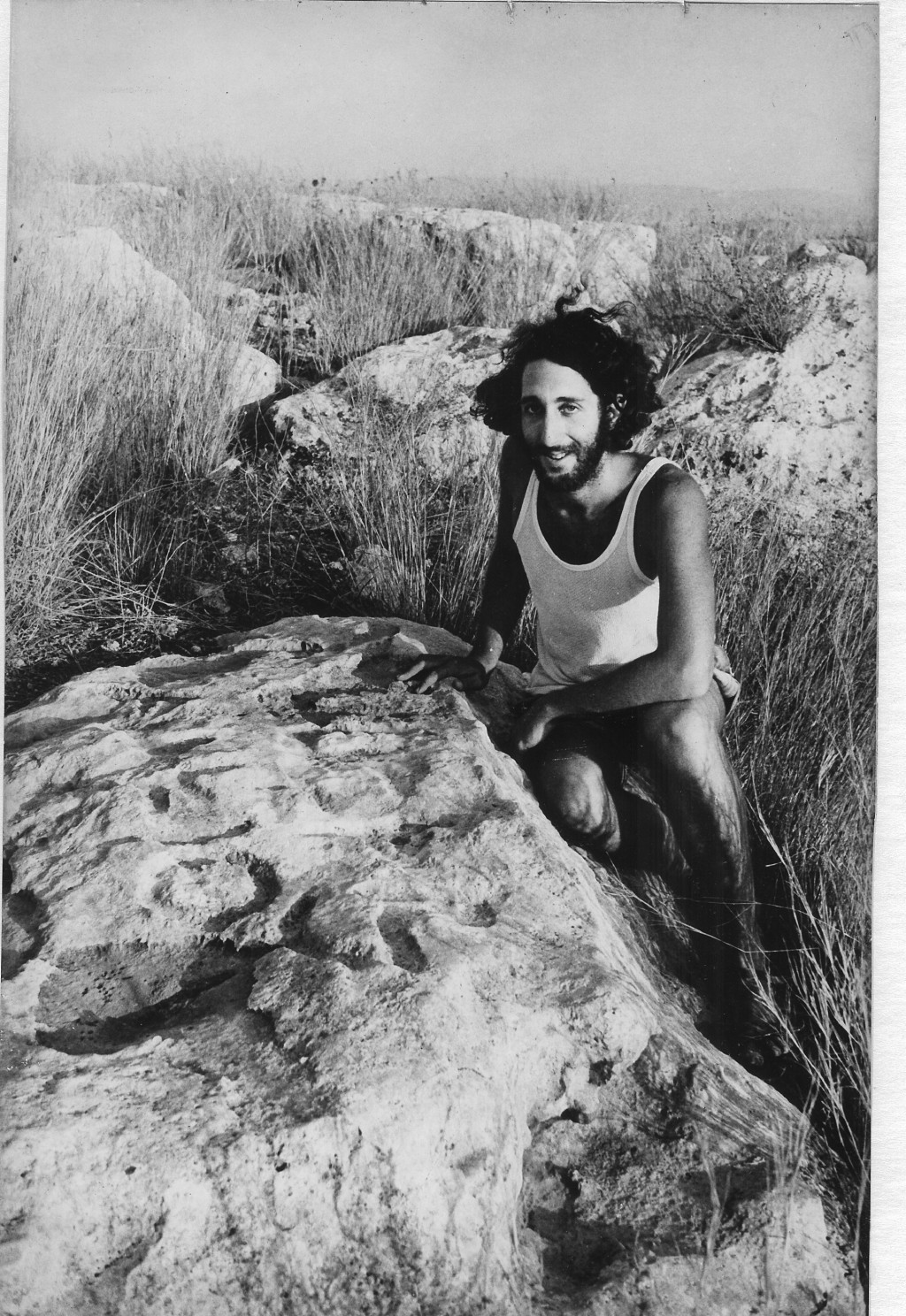
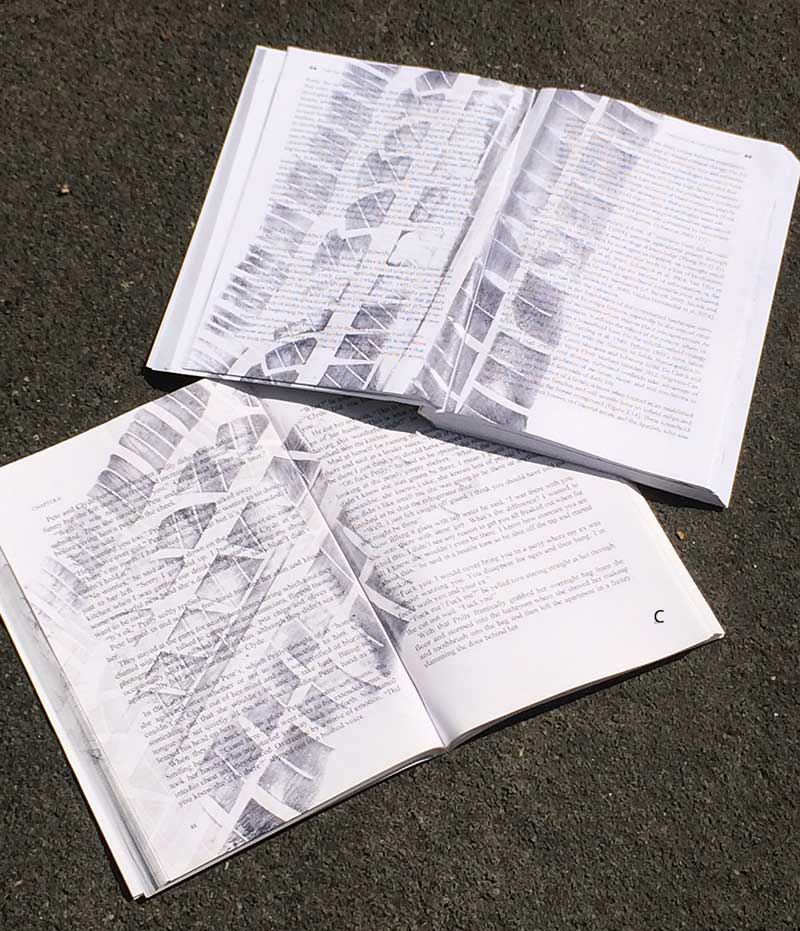

Mitch’s Blog
Those Aha! Moments
Saturday, January 15, 2022
I’ve had two big authorial moments in the past few weeks. The day before Thanksgiving I sent off the final book manuscript of Archaeology of Southwest Afghanistan to the publisher, 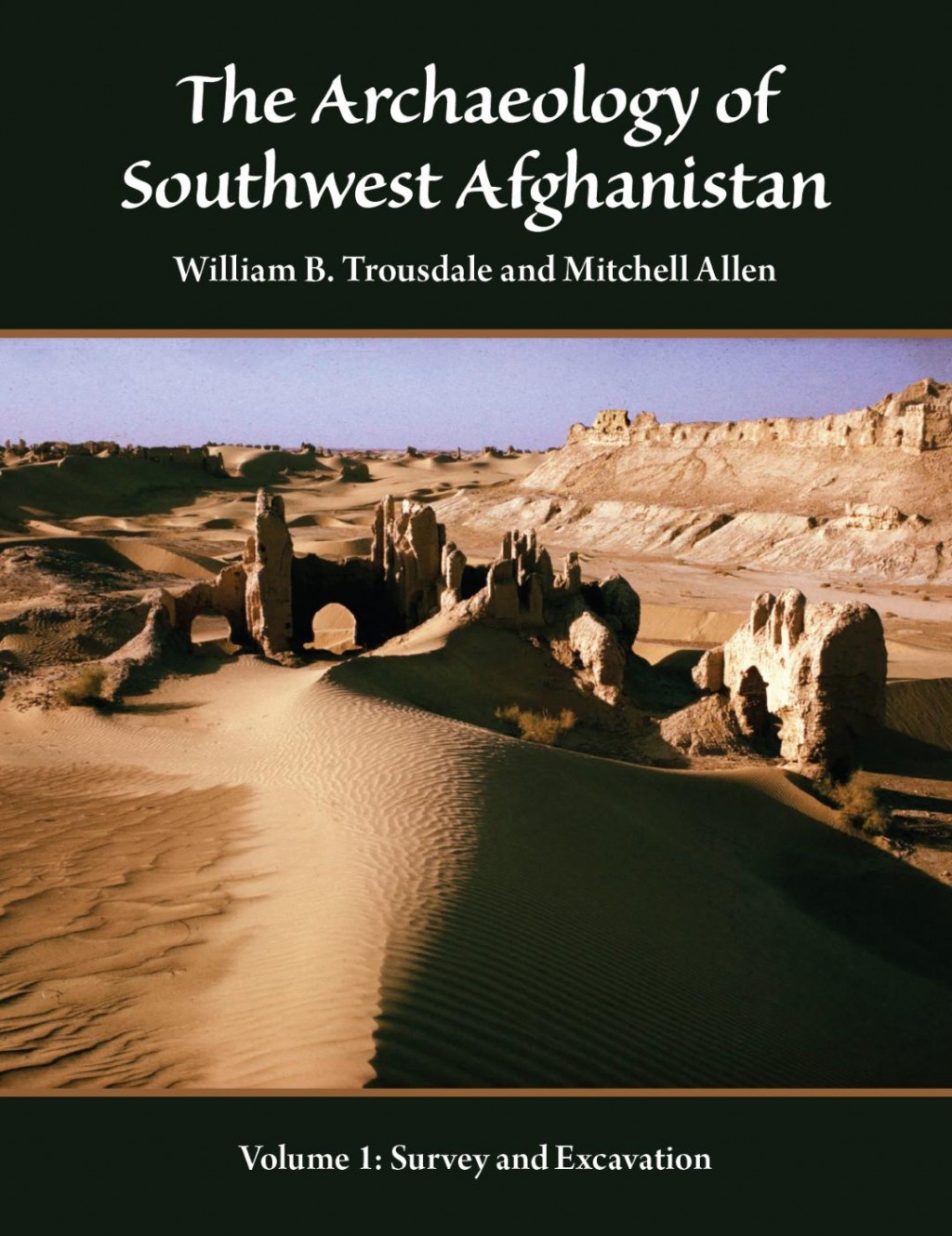 Edinburgh University Press. Then last week (ironically, on a Christian holiday called Epiphany), I did the same for the chapter I was invited to write for the 6th edition of the Handbook of Qualitative Research on publishing qualitative research. Each was a major step for me as a scholarly writer. Each gave me enormous joy, though maybe the feeling of relief at having each of them finally finished might be a better description. As I pushed the Send button on my computer, each felt like an epiphanal moment.
Edinburgh University Press. Then last week (ironically, on a Christian holiday called Epiphany), I did the same for the chapter I was invited to write for the 6th edition of the Handbook of Qualitative Research on publishing qualitative research. Each was a major step for me as a scholarly writer. Each gave me enormous joy, though maybe the feeling of relief at having each of them finally finished might be a better description. As I pushed the Send button on my computer, each felt like an epiphanal moment.
I’ve written here before about epiphanies, mostly in my career as a dancer. The epiphanal moment in dance was never at the end of the performance for me, when you flash to a stop and the applause from the dark auditorium wells up. Rather, it is the moment just before the curtain opens when the lights go on, the music begins, your nerves are ablaze with anticipation, and you take that first step onstage after months of exhausting work to get ready. Your heart wants to explode with joy as that first step welcomes you to the stage.
Pushing the Send button doesn’t quite have the same electricity but still never fails to send an emotional explosion coursing through my body the moment it is done. Like the dance performance, the aftermath consists of a good meal, a glass of champagne, and a gradual unwinding of all the tension and work that built up to it. Also attached is usually a minor depression as that anticipation and tension dissipates. With the two projects done, that’s been the story this week.
Having spent most of my professional career as a publisher, I’ve discovered that not every profession has these epiphanal moments. The Handbook chapter, for example, is appearing in the sixth edition of a book that I am largely responsible for creating back in the early 1990s.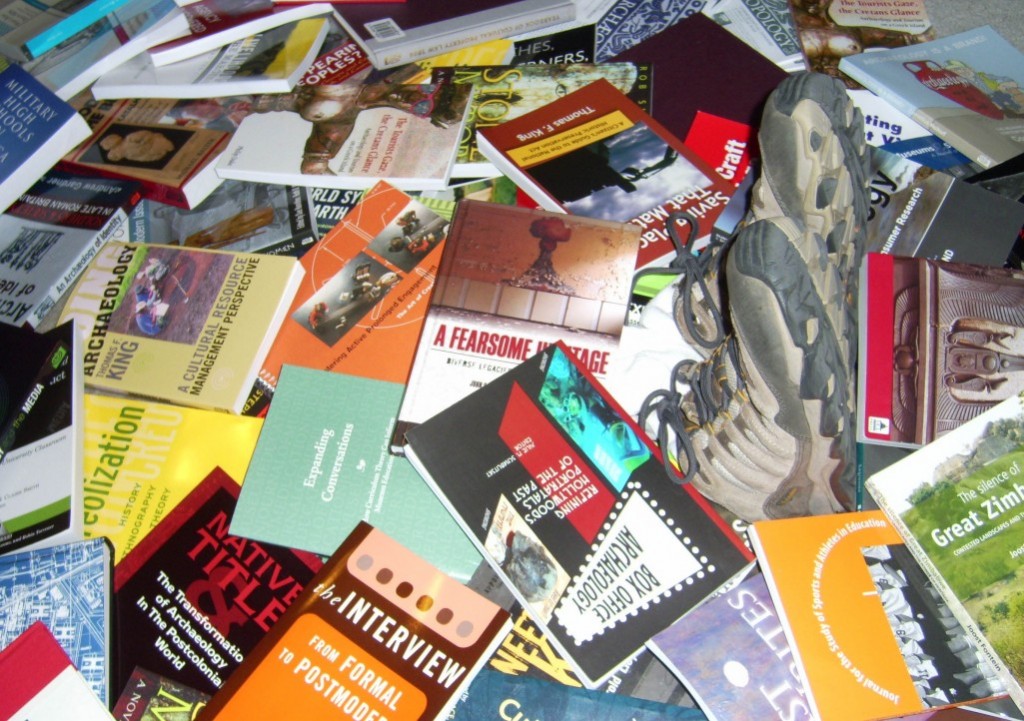
I gave a presentation to young archaeologists in December on what it would take to jump off an academic career track and into publishing as I did. I gave some of the positives—salary, mobility, a quick promotion ladder, someone else paying your bar bills at a conference—and negatives—lack of autonomy, fixed work schedules, having to prepare budgets. One of those negatives that few of them had probably ever considered was this one—there are no epiphanal moments.
Archaeology’s epiphanies don’t work quite like performers’ moments do. But when you have one, they’re stunning. Some of archaeology’s are well known: discovery of the Sutton Hoo ship as portrayed in the recent movie The Dig, Agamemnon’s mask coming out of the ground at Mycenae. And, of course, Howard Carter’s “I see wonderful things” in the tomb of Tutankhamen. I’ve had a few such moments of my own. I found a rare boundary stone of the ancient Palestinian city of Gezer while I was surveying for that project. It was a heart thumping, jump-up-and-down moment as I yelled to the project director to come see. My friend Oded had found, just the day before, a cache of gold jewelry at another part of the site and was so excited that he ran across the entire mound to tell the dig leaders. 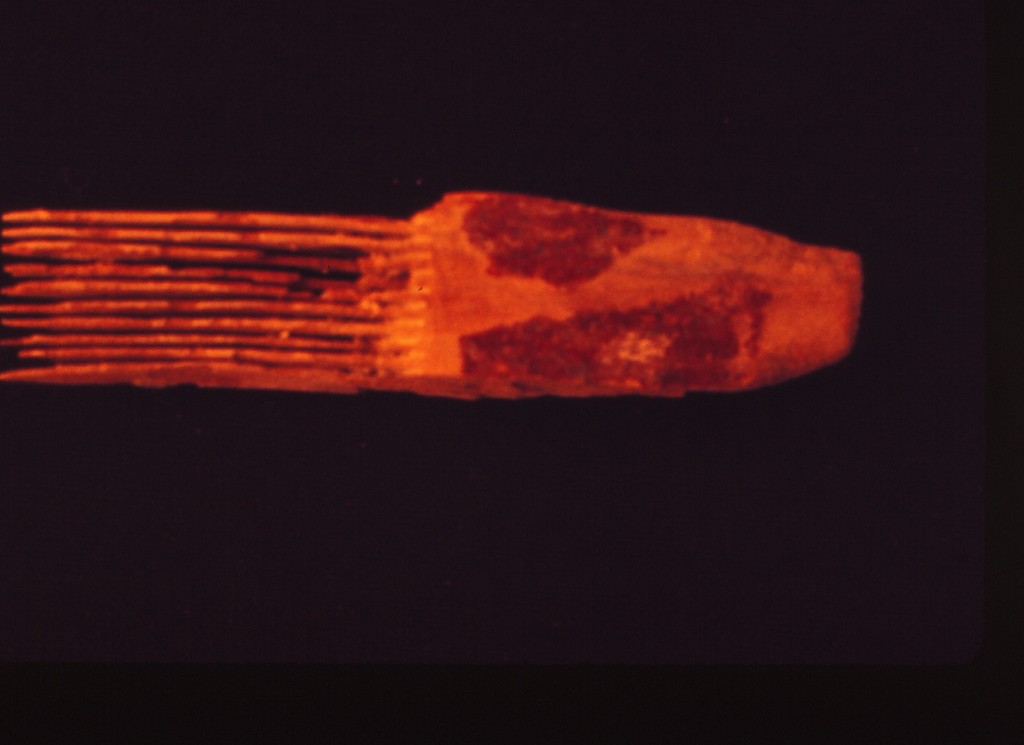 Excavating a fifteenth century house in the desert of western Afghanistan, I daily came up with perishable objects 500 years old that archaeologists rarely find: multi-hued clothing, a wooden comb, a swath of hair, a bone bracelet. Each one was stunning and left me with a racing heart.
Excavating a fifteenth century house in the desert of western Afghanistan, I daily came up with perishable objects 500 years old that archaeologists rarely find: multi-hued clothing, a wooden comb, a swath of hair, a bone bracelet. Each one was stunning and left me with a racing heart.
Outside the work environment, there are those life epiphanies that I share with many others. Weddings, child birth, travel adventures, rich moments with family and friends. We have our share of those as Josh and Elena are each being married in the span of less than a year.
Several friends like Carolyn Ellis, Laurel Richardson, and Ron Pelias have written about those “aha!” moments where writing about your research gives you flashes of insight on what you’re actually writing about. Are those epiphanies? Baby epiphanies? Epiphanitos? I’m signed up to present a paper on this at the qualitative research conference in May. Since it will be a room full of authors, this seems to be a time to remind them of one of the hidden rewards of what they do. How important are those moments for a satisfying life as a writer? I’ll be curious to find out.
(c) Scholarly Roadside Service
Back to Scholarly Roadkill Blog
Scholarly Roadside Service
ABOUT
Who We Are
What We Do
SERVICES
Help Getting Your Book Published
Help Getting Published in Journals
Help with Your Academic Writing
Help Scholarly Organizations Who Publish
Help Your Professional Development Through Workshops
Help Academic Organizations with Program Development
CLIENTS
List of Clients
What They Say About Us
RESOURCES
Online Help
Important Links
Fun Stuff About Academic Life


